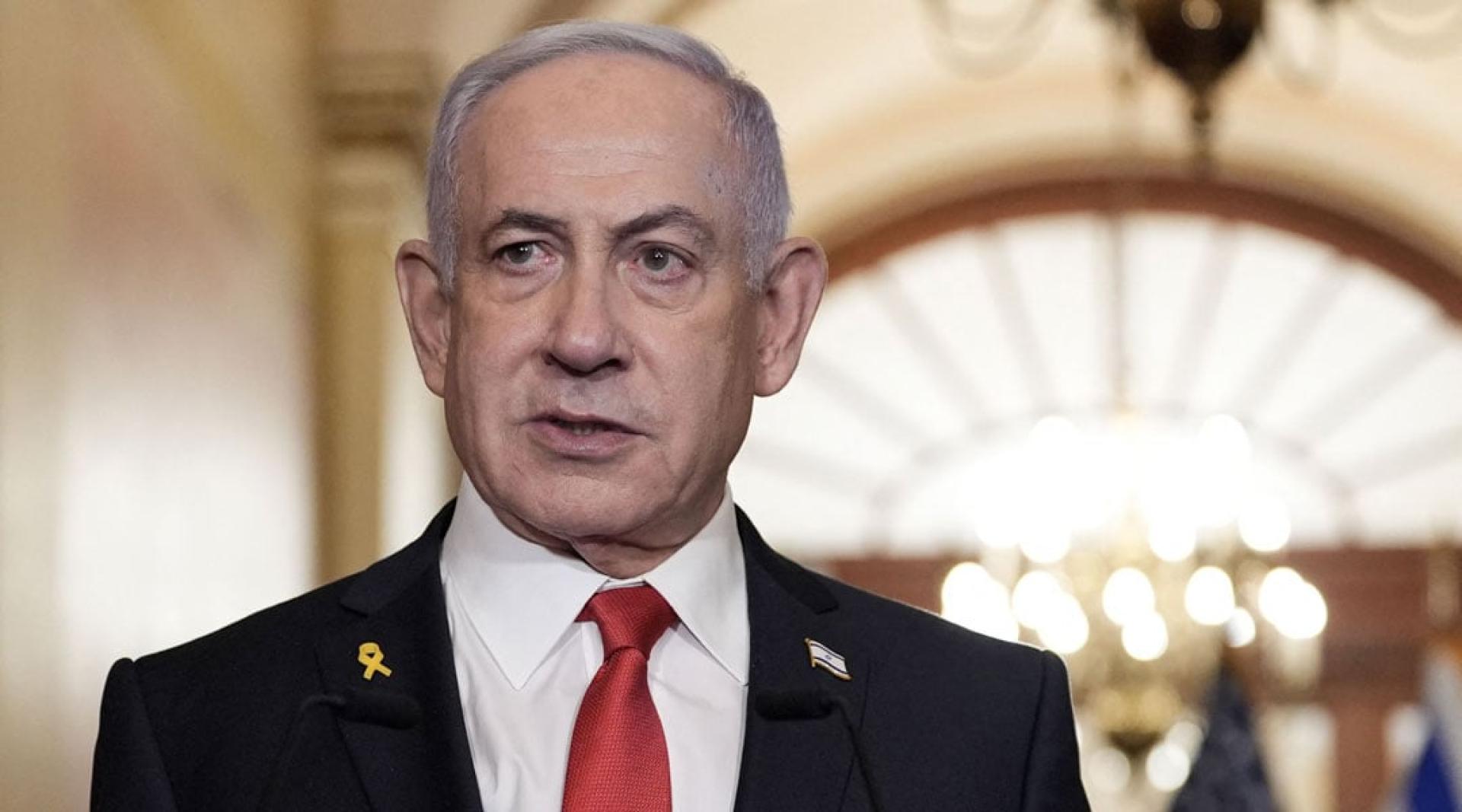The Israeli Presidential Office issued a statement on the 12th, saying that U.S. President Trump has sent a letter to Israeli President Herzog, calling for a "full pardon" for Prime Minister Netanyahu, who is currently on trial for corruption charges.
In the letter, Trump claimed to "absolutely respect" the independence of Israel's judicial system, while also stating that the case against Netanyahu was "politically motivated, without any legitimate basis."
The Israeli Presidential Office responded in its statement, saying that anyone seeking a presidential pardon must "formally submit an application in accordance with established procedures."
Trump's actions have sparked controversy within Israel. Since June of this year, Trump has repeatedly and publicly pressured Israel to drop the trial against Netanyahu.
According to The Times of Israel, the Israeli president has the authority to pardon individuals convicted by the courts, and in rare cases, if it serves the public interest, individuals may even be granted a pardon before legal proceedings are concluded, but an application must be made by the person seeking the pardon or by their immediate family members. Netanyahu and his family have not yet submitted an application.
In early 2020, Israeli prosecutors formally indicted Netanyahu on three charges: bribery, fraud, and breach of public trust. In May of the same year, the court held its first hearing on the case, making Netanyahu the first sitting Israeli prime minister to face judicial trial. On December 10, 2024, Netanyahu testified in court for the first time in connection with the corruption case.
In this case, Netanyahu and his family are alleged to have received about $280,000 worth of cigars, champagne, jewelry, and other gifts from Israeli businessmen and Hollywood producer Milchan between 2007 and 2016. In return, Netanyahu allegedly provided benefits to the other party, either directly or indirectly.
Since the start of the trial in 2020, Netanyahu has repeatedly delayed or avoided court appearances, citing reasons such as war, overseas visits, or health issues. If convicted, Netanyahu faces a maximum penalty of 10 years in prison for bribery, and a combined maximum of 3 years for fraud and breach of public trust.
